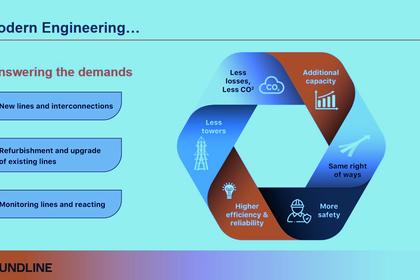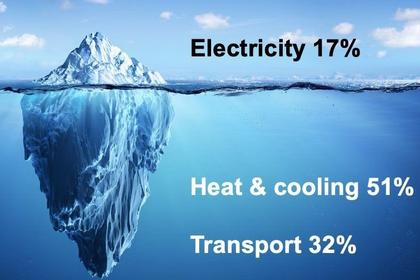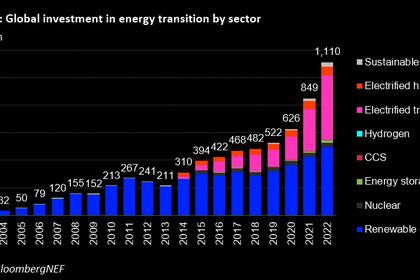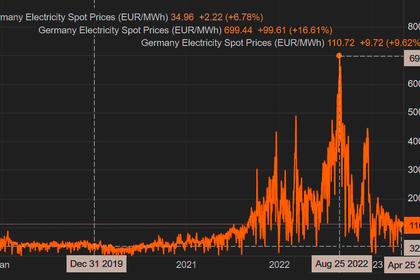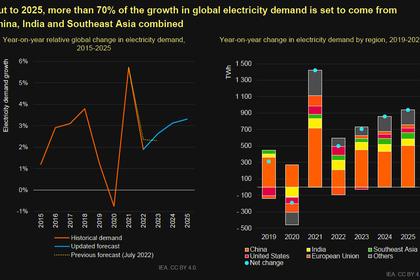
SOLID-STATE EV BATTERY TECHNOLOGY
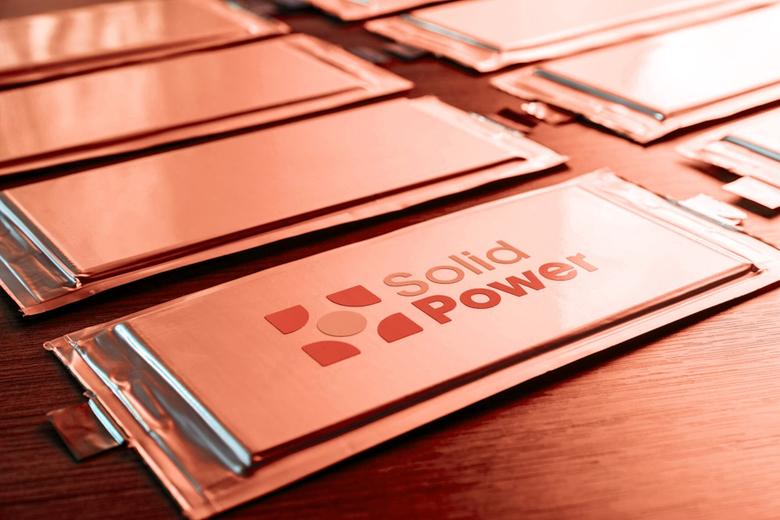
CEO, Qcharge123, LLC
ENERGYCENTRAL- Jan 2, 2024 - In the race towards producing the first electric vehicle (EV) with solid-state battery technology, automakers Nissan and Toyota have taken the lead. Solid-state batteries are garnering attention due to their potential to offer more range, improved safety, and faster charging compared to traditional lithium-ion batteries. However, there are certain challenges to overcome, such as the availability of pure lithium and the need to build new production facilities.
A solid-state EV battery functions similarly to a lithium-ion battery, but with a significant difference in the electrolyte. Instead of using a gel or liquid electrolyte, solid-state batteries employ a separator that allows ions to flow from the anode to the cathode. This separator eliminates the need for a liquid electrolyte and reduces the flammability associated with lithium-ion batteries. Additionally, solid-state batteries require less lithium and other raw materials, resulting in smaller and more efficient battery packs.
The benefits of solid-state EV batteries are substantial. Firstly, they offer a higher energy density, enabling more energy storage in a smaller space. For instance, an 80-kWh solid-state battery could weigh approximately two-thirds less than a conventional lithium-ion battery of the same capacity, thereby reducing the weight of the vehicle and potentially extending its range. This enhanced energy density also contributes to faster charging times. While lithium-ion batteries typically require at least 40 minutes to charge at a DC fast-charging station, solid-state batteries can achieve a full charge in as little as 10 to 15 minutes.
Another advantage of solid-state EV batteries is the reduced fire risk. Lithium-ion battery fires, although rare, are primarily caused by the liquid electrolytes they contain. By eliminating the need for these flammable components, solid-state batteries enhance the safety of electric vehicles.
Furthermore, the development of solid-state batteries promotes the improved use of recycled materials. As technology advances, lithium-ion battery recycling becomes more feasible, allowing manufacturers to repurpose end-of-life materials for solid-state batteries. This recycling process helps reduce the environmental impact of battery production by minimizing the need for new mining operations to obtain rare minerals.
Nissan and Toyota are actively investing in solid-state battery research and development. Nissan aims to produce affordable EVs without relying on lithium-ion batteries, focusing on all-solid-state sodium batteries that are free of lithium and cobalt. This approach could potentially reduce EV battery pack prices by two-thirds. Toyota, on the other hand, plans to showcase solid-state battery technology in the Lexus LFA, potentially debuting as early as 2026. Chinese automaker BYD is also set to release an EV equipped with a sodium-ion and lithium-ion battery later this year.
Despite the promising potential of solid-state batteries, there are obstacles to overcome. The first challenge is the availability of pure lithium, as high-density batteries require significant quantities of this resource. This puts pressure on mining companies and raises concerns about eco-sensitive areas. Research and development engineers estimate that solid-state lithium-ion batteries may require up to ten times more lithium than current battery technologies.
Additionally, the construction methods for solid-state batteries differ from those used for lithium-ion batteries, necessitating the construction of new manufacturing facilities. The process of building these factories takes time, and early adopters of solid-state battery technology may face higher costs associated with establishing these new production sites. However, waiting too long to adopt this technology could result in missed opportunities to capture early customers in the EV market.
In conclusion, solid-state EV batteries offer a promising future for electric vehicles, with potential benefits such as extended range, enhanced safety, and faster charging times. Despite the challenges related to pure lithium availability and the establishment of new production facilities, automakers are investing in research and development to harness the advantages of this game-changing technology. As the industry moves closer to mass production of solid-state batteries, it is expected that the widespread adoption of this technology will revolutionize the EV market, leading to more efficient and advanced electric vehicles.
-----
This thought leadership article was originally shared with Energy Central's Energy Collective Group. The communities are a place where professionals in the power industry can share, learn and connect in a collaborative environment. Join the Energy Collective Group today and learn from others who work in the industry.
-----
Earlier:

